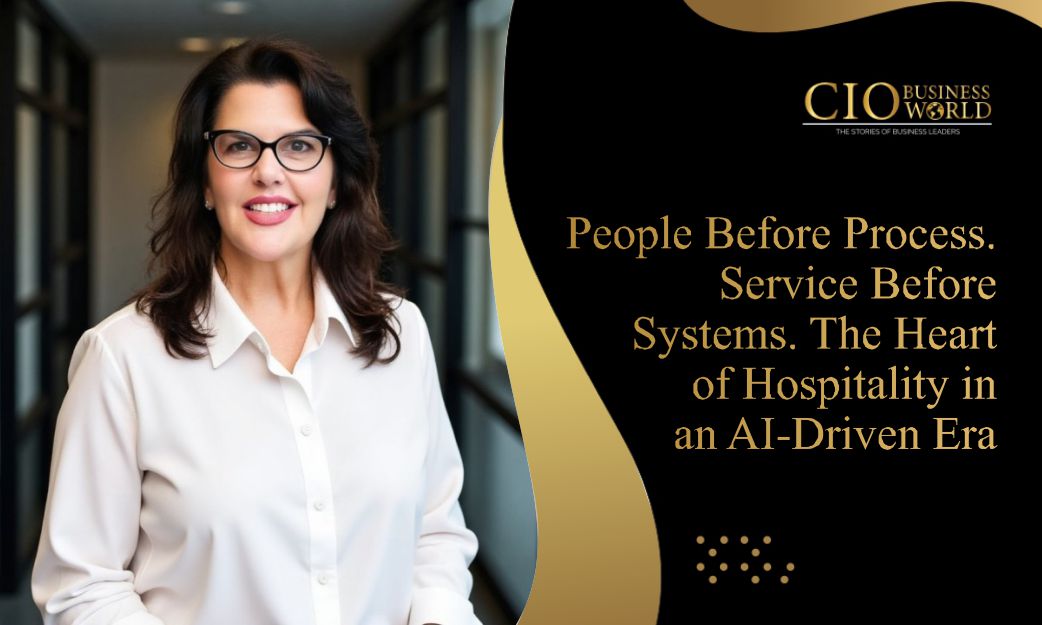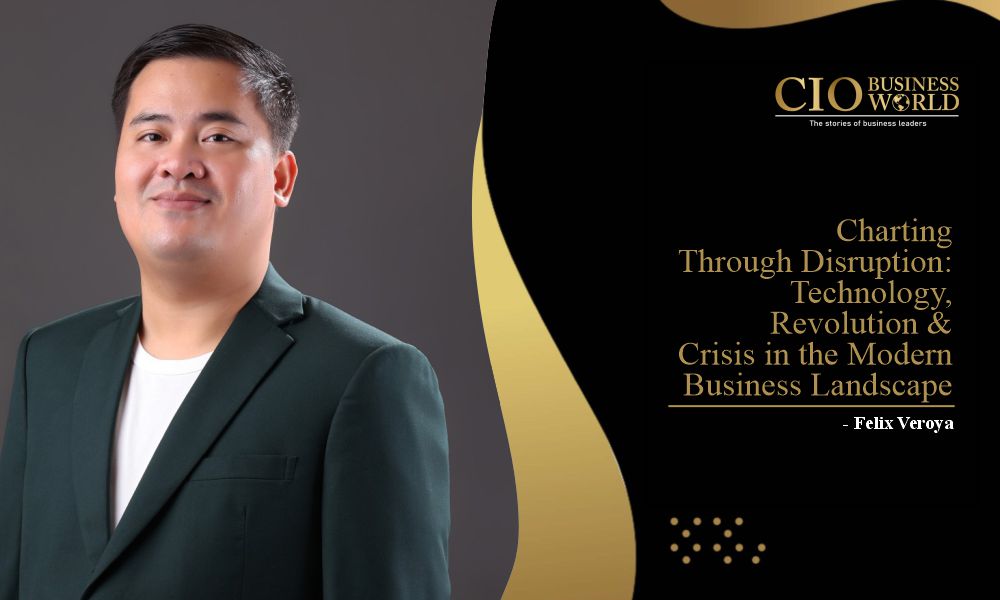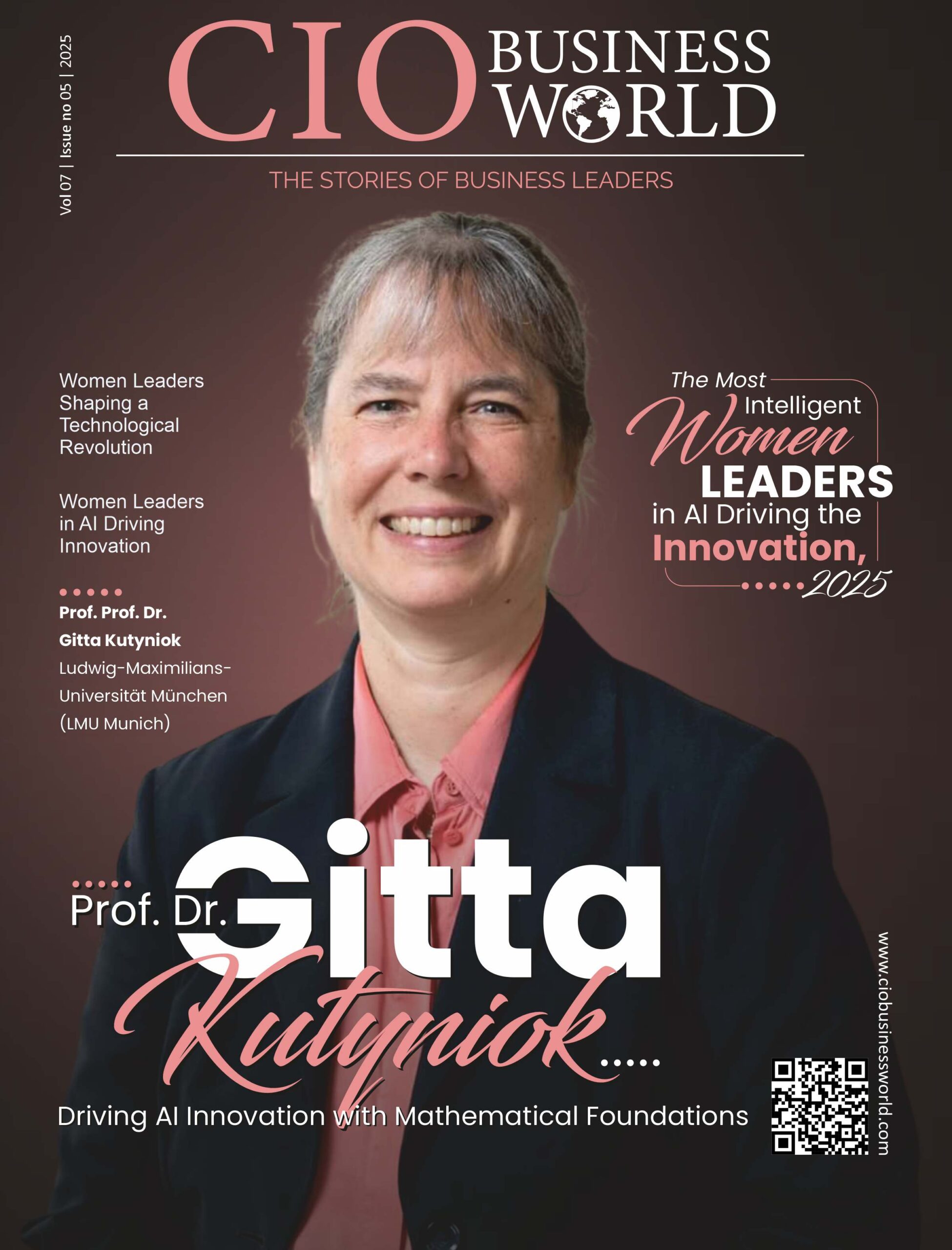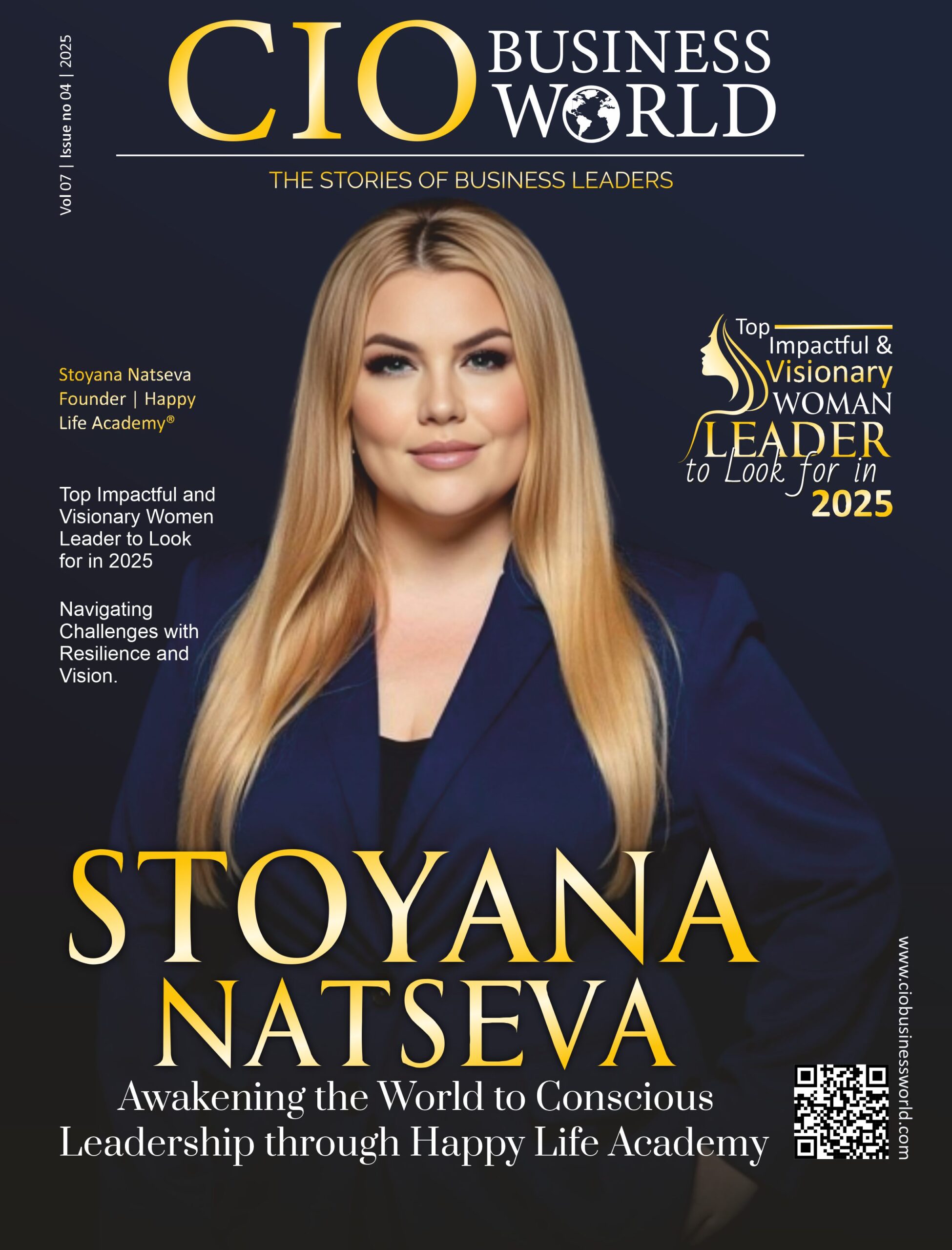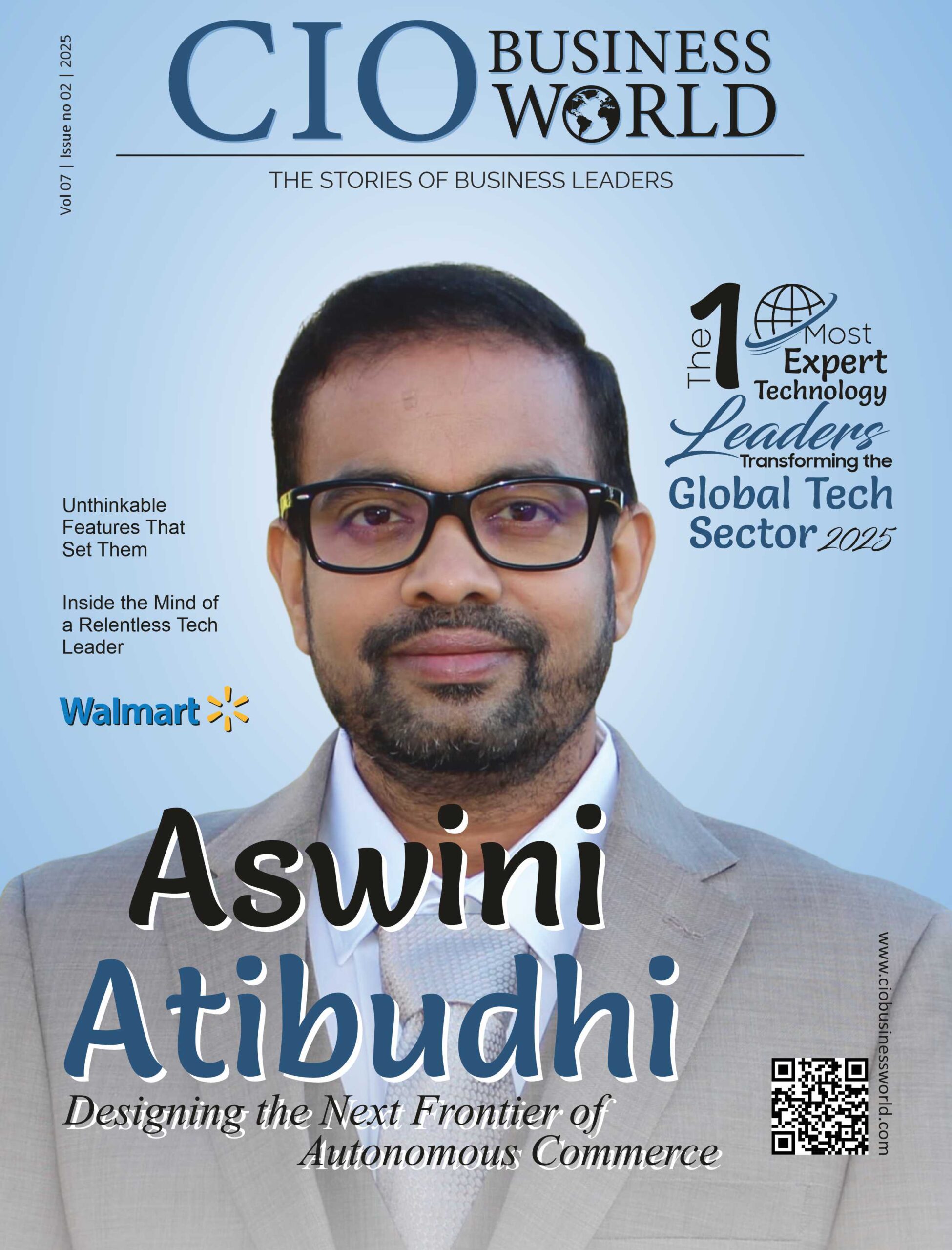A mentor once told me, “People before Process. Service before Systems.” At the time, it felt like common sense—something that came naturally to those of us drawn to hospitality for its human connection, emotional intelligence, and energy of service.
But today, those words carry more weight than ever.
Throughout my career, spanning independent concept hotels, mixed-use developments, and global brand portfolios, I’ve led commercial teams through countless evolutions. I’ve opened properties from the ground up, revitalized legacy brands, introduced SaaS solutions to legacy systems, and helped reposition hospitality assets for new markets and guest expectations. In all of those chapters, the most consistent through-line was not the system we used—it was the people who made it work.
The most successful strategies were the ones where the process served the team, not the other way around. Where systems amplified, not replaced—the human moments that matter.
And now, in the most significant technological wave our industry has faced to date, we’re being called to strike that balance again.
The Allure (and Anxiety) of AI in Hospitality
Artificial intelligence has unlocked undeniable efficiencies across the guest experience. Voice-powered reservations, predictive maintenance, personalized upsell recommendations, and dynamic rate optimization are no longer futuristic—they’re foundational. Hotels are leaning into machine learning to forecast demand, allocate resources, and even preempt guest complaints based on data trends.
For operators, AI promises something invaluable: scalability without proportional cost. For guests, it offers speed, personalization, and convenience.
But here’s where things get tricky: AI can manage tasks, but it cannot curate moments. It can anticipate needs, but it cannot feel. And it is in those human micro-moments—an empathetic front desk agent, a bartender who remembers your story, a room attendant who leaves a personalized note—where brand loyalty is born.
Technology is only as good as the human experience it supports. And when tech replaces rather than enhances service, we drift dangerously into transactional territory—eroding what makes hospitality transformational.
“People Before Process” Isn’t Old School—It’s Forward-Thinking
No matter how advanced the tools or complex the market, the properties that outperform consistently share one trait: they put people at the center of every decision.
That’s what “people before process” truly means. It’s not about resisting structure. It’s about making sure that the structure serves the people, guests, and staff alike.
Too often, we implement systems with a rigid, one-size-fits-all mentality, assuming tech will fix what’s broken. But systems don’t inspire discretionary effort. Processes don’t create culture. People do.
When we prioritize our teams—train them, empower them, and listen to them—we create a ripple effect. Staff satisfaction leads to better guest interactions. Better guest interactions lead to repeat business. Repeat business leads to sustainable profitability.
The process should never be the star. The system should never be the story. The guest experience should be.
Where Service Meets Systems: A Playbook for Alignment
So, how do we embrace innovation without losing authenticity? How do we build brands that are both modern and meaningful? Here are five strategies I’ve used to bridge the human-tech gap in development, marketing, and commercial strategy:
1. Design Technology Around People, Not the Other Way Around
Before adopting a new tool or platform, ask:
● Will this remove friction from the guest experience or create new barriers?
● Does this enhance the team’s ability to serve, or complicate it?
● Who benefits most from this rollout—the guest, the staff, or just the budget line?
Tech investments should be driven by people’s problems, not vendor pitches. If your staff is spending more time troubleshooting the system than engaging with guests, something’s gone sideways.
2. Empower the Frontline Through Emotional Intelligence
As automation handles more of the routine, the human element becomes even more critical. Teams should be coached not just on process, but on presence. Emotional intelligence, empathy, and adaptability are the new competitive advantages.
Great hospitality isn’t memorized—it’s improvised. That requires a culture where associates feel trusted to personalize service in real time, not just follow a script.
3. Preserve the Rituals That Make Hospitality Human
In our pursuit of optimization, we’ve eliminated many of the subtle rituals that make guests feel connected. Let’s bring them back.
Things like lobby greeters, handwritten welcome cards, GM meet-and-greets, or personalized turn-down gestures—they don’t cost much, but they deliver emotional ROI. These moments can’t be automated, and that’s precisely why they matter.
4. Reframe Metrics to Include Humanity
Yes, ADR, RevPAR, and conversion rates matter. But they don’t tell the full story. Qualitative feedback, team morale, and online sentiment should hold equal weight in your decision-making model.
If a system saves 10% in costs but leads to a 20% drop in guest satisfaction, it’s not a win—it’s a red flag.
5. Stay Curious, Not Complacent
The most innovative teams I’ve worked with are the ones who ask better questions—not just “how do we scale?” but “how do we stay personal while scaling?” Not just “what’s the latest tool?” but “how do we make that tool feel human?”
Technology is not the strategy. It’s an amplifier of the strategy. And the best strategies are rooted in human truths.
The Rise of Hospitality-as-a-Service
Across segments—from luxury resorts to limited service, from branded collections to short-term rentals—we’re seeing a shift toward hospitality-as-a-service. Guests want more than amenities; they want meaning. Experiences. Connection. Story.
This evolution demands more than systems—it demands soul.
It’s why hotel brands that embrace localized storytelling, experiential design, and community connection are outperforming generic portfolios. And it’s why operators who view their staff as ambassadors, not just labor, are retaining talent while others churn.
Even as AI reshapes the mechanics of our industry, the fundamentals haven’t changed: trust, empathy, anticipation, and authenticity. No platform can deliver those without a person behind it who cares.
The Opportunity Ahead
We are living through a defining era—one where hospitality leaders have the opportunity not just to keep pace with change, but shape it with intention. The brands that will lead the next chapter won’t be those who adopt technology for technology’s sake, but those who do so in service of people, guests, teams, and communities alike.
As someone who’s built a career around connecting vision to execution—translating strategy into experience, and growth into culture—I believe this moment is less about disruption and more about refinement. It’s a chance to return to the core of what we do, while expanding how we do it.
So let’s choose systems that support our people, not replace them. Let’s design processes that free us to be more human, not less. And let’s lead with a spirit of hospitality that no algorithm can replicate.
Because long after the technology evolves, it’s the feeling we create that guests remember—and it’s the legacy of leadership we build through people-first decisions that defines the future of this industry.
Lynn Mucciano is a hospitality strategist, brand advisor, and commercial growth leader with over 25 years in hotel development, marketing technology, and experiential hospitality. She most recently served as Vice President, Global Hotel Brands for Tambourine and is the founder of Renegade Hospitality Advisory Services.

